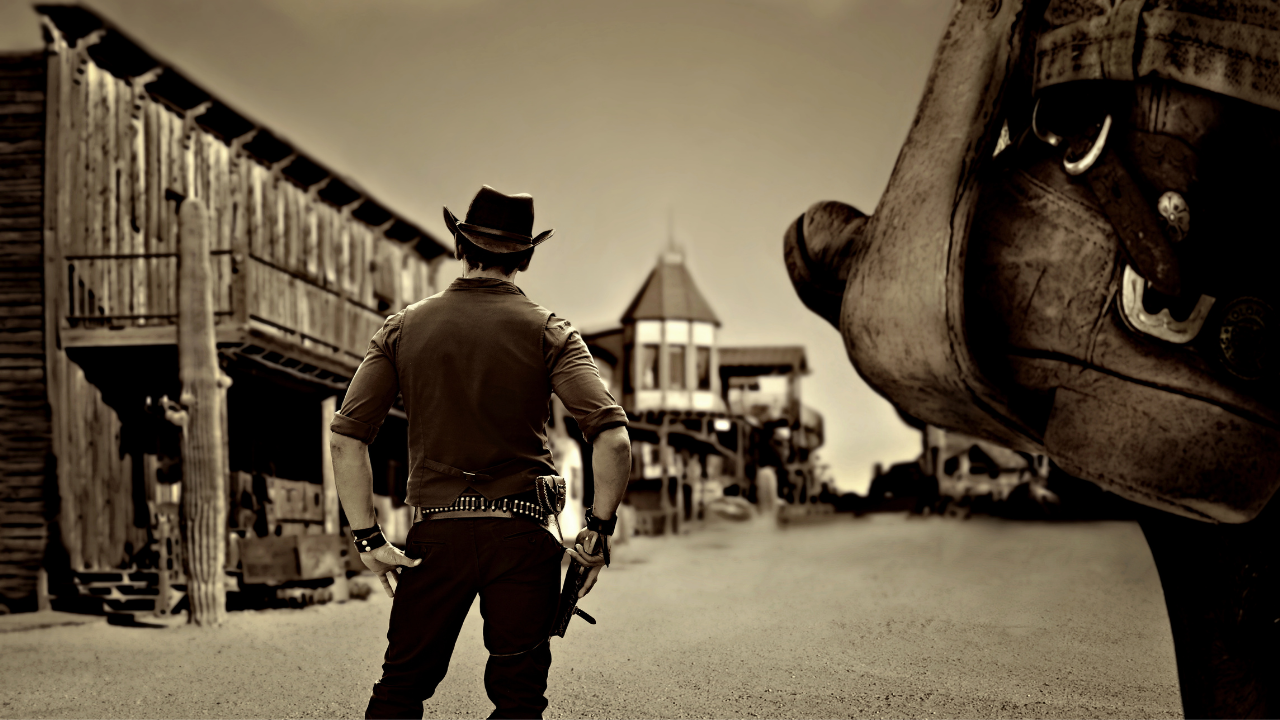path of the storyteller / blog
Big wants, little wants
What does your hero want?
This is the core question of storytelling, but writers don’t always find it easy to answer.
What do any of us want? To be happy, or happier. To love and be loved. To achieve some particular goal that has meaning to us. (Whether this goal is an admirable one depends a bit on the person wanting, of course!)
Put it all together and we all basically seek to live a life that feels like it matters, to avoid suffering and to experience contentment, achievement, and connection along the way.
So: If we all want some version of same things, what is it that makes our hero’s wants story-worthy? How do we use these wants to shape our plot, not only on a book-length level, but scene by scene?
What I want today is to talk about wants as they pertain to your storytelling! There are big wants and little wants, and they are (or should be) pulsing on every page you write.
your hero’s finest hour
Today we’re going to look at some writing advice from—wait for it—Winston Churchill.
He didn’t intend it as writing advice, by the way. Churchill was a terrific writer, but the quote I want to discuss teaches us more about storytelling than prose style:
“To each there comes in their lifetime a special moment when they are figuratively tapped on the shoulder and offered the chance to do a very special thing, unique to them and fitted to their talents. What a tragedy if that moment finds them unprepared or unqualified for that which could have been their finest hour.”
—Winston Churchill
Churchill is talking about real life, but what is storytelling but a way to understand life better? That “special thing” he mentions is what I call the hero’s mission. It’s the stated purpose for all the hero’s efforts in the second act.
As Churchill notes, these missions are not distributed at random. Even in life, he asserts, the singular chance humans are offered is “unique to them and fitte...
so, what’s your book about?
Ah, the blank page! Writers want to fill it with words, words, and more words, but my hot take on this (and this is what I teach in the Path of the Storyteller program) is that our #1 job as writers is to tell a great story.
It's not that words don't matter. The skillful deployment of language is how we extract that story from our own imaginations and place it in the minds of our readers. The art of storytelling and the art of writing craft are the twin disciplines we all must master if we want to satisfy our readers and write books that are built to last.
To that end: In this week’s talk we unravel the question that all writers dread:
What’s your book about?
Can you answer that question?
Can you answer it in one sentence?
In other words, do you know what story you're telling?
We can spend a long time scribbling without knowing the answer. In this talk I explain why that is too often the case, and I offer a framework for distilling a specific, useful answer to the question what...
your story, unwrapped
Keeping a present under wraps builds anticipation, for sure! But this kind of secrecy doesn’t work the same way in fiction.
In this week’s livestream, I talk about the common but mistaken impulse to withhold information from the reader as a way of building suspense, why it backfires, and what to do instead.
Did you ever wonder what Charlie Brown’s quest for a Christmas tree has to do with dramatic structure? Now’s is your chance to find out! Click the image above to watch the video. Questions? Please leave them in the comments.
My weekly livestream is on Wednesdays at 1 PM Pacific. Come live and ask questions! Or catch the replays here on the blog.
To watch live, you can join the Facebook group right here.
And subscribe to the YouTube channel here.
the aftermath

We’ve been eating leftovers for two days. It’s the happy aftermath of the excess of cooking I succumbed to on Thanksgiving.
What can I say? I like to cook and it’s been a long year of no entertaining. Give me an inch and I took a mile.
In your story, your hero too has overdelivered in the third act — and she too has something to show for it. She was willing to risk it all and sacrifice herself for the sake of others. She’s almost certainly had some kind of brush with death, either literally or symbolically.
She left it all on the field. And it has made a difference.
The struggle was not for nothing. Your hero’s journey of transformation was fulfilled. The change is irrevocable and full of meaning. What was lost has been found. That which needed healing has been healed.
This is true not only of your hero, but of the larger world. A kingdom has been put right, a false or bad ruler has been dispatched and peace restored, a long-lost parent has been found and a family reunited, a ba...
the unexpected

When, oh when are these writing tips going to serve up some cute cat pix?
Today’s the day, gang. Look at that little orange cutie in the drawer. Cute! Cat! Pix!
It’s a nice diversion, right? But also unexpected. At least, I expect you’ll find it so!
Yesterday I wrote about how important it is to keep both hero and reader informed about where the story’s heading. That promised ordeal at the end of the second act is no surprise. It’s the climactic scene we’ve been waiting for all along.
The ordeal is the destination you tapped into your hero's GPS at the end of the first act, or the very beginning of the second. Now, after all the trials and revelations of that long expanse of middle, the moment has come. The promised destination has been reached. Finally, the story announces, in its perky robot voice, "You’ve arrived.”
And then, something unexpected happens.
That Wizard of Oz we’ve been working so hard to please? Turns out he’s a fake. Now there’s a new problem to solve. How wil...
shootout at the corral

You know I love a good pithy saying. Here’s one I made up, just for you: Good books get read; great books get reread.
Think of the books on your shelves. Most of them you’ll read once, but the ones you absolutely love you will surely read again and again.
A great book is a friend for life. The better you know it, the more you love to reread it — and you can take that as proof that great storytelling does not depend on keeping secrets from the reader.
A common authorial misstep is to conceal the hero’s true mission from the reader.
Why do this? These authors mistakenly assume that secrecy equals suspense. They hope that the reader will keep reading in order to find out what’s really going on.
It’s a false hope, alas. The reader keeps reading to find out not what the climactic scene of the plot is, but how that scene turns out.
Will the Wizard help Dorothy get home to Kansas? Will Katniss survive the Hunger Games? Will Bilbo prevail when he finally comes face to face with the dr...
now what?

Rollercoasters: Yes or no?
I have friends who love ’em, and friends who, like me, cannot be dragged near one. I was once tricked into going on Space Mountain by two people who should have known better. I still speak to them—well, one of them!
I’m more of a merry-go-round type of person, as long as they don’t spin too fast. The car-sickness struggle is real, but there’s consolation in the words of Gustave Flaubert, who once wrote to a friend that a settled, ordinary life is what makes it possible to be fierce and adventurous in one’s work.
Clearly, real life and fiction are two different things. Yet good art has a way of piercing through the fog of everyday perception and revealing profound emotional and psychological truth. Our lives are a search for meaning. Great storytelling gives us exactly that.
If you’re a noir-minded sort of person, you might argue that stories offer the false comfort that there is meaning in what is essentially chaos. You may even write stories that attem...
the exact middle

The Hobbit is one of my all time faves. (So is Jane Eyre, which I share as evidence that there’s no need to pigeonhole ourselves, as readers or writers.)
Tolkien’s masterpiece opens with a description of Bilbo Baggin’s home, which boasts a green door with a shiny yellow brass knob in the “exact middle.” The difference between “the middle” and “the exact middle” is everything you need to know about Bilbo Baggins. He is the Felix Unger of hobbits, and that one prissy detail foreshadows all the chaos, danger, and discomfort that is to come.
It’s what I call a detail that’s inflected with character. Inflected details are a subject for another post, but today I want to talk a bit more about middles, and not only middles — the middle of the middle. The exact middle.
In writer parlance, the midpoint.
Today is November 15th, and if you are NaNoWriMoing, you have reached the exact middle of the month. Whether you’ve reached the exact middle of your story I don’t know, but here’s what to th...
tgif

Whew! Sometimes life just feels RELENTLESS, am I right?
It’s what so many are experiencing in 2020, a year that keeps trying to top itself in terms of plot twists. We’re all the heroes of our own life stories, and this year has been a long, long, LONG second act.
Each day, we choose how to respond. We face challenges we may never have imagined. We soul-search and find the bedrock our true values. We take action, care for and console one another, grieve, fight, lead, make sacrifices, and (perhaps hardest of all), extend a hand of peace.
We make tough choices daily, under escalating pressure. And guess what? It’s exhausting.
It’s not easy being a hero, even a fictional one. The hero of your story is going through tough stuff, page after page. Your reader is along for the ride, and frankly they’re both going to want a break now and then.
Within your fictional hero’s journey, there must be moments for your protagonist to rest and regroup. Bilbo and the dwarves paused for a helpful ...


